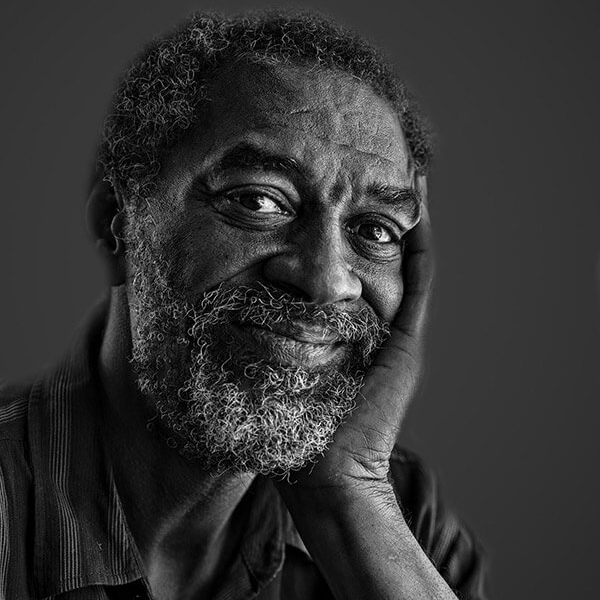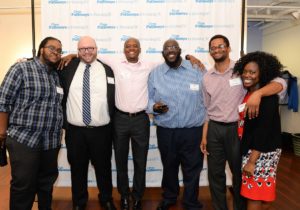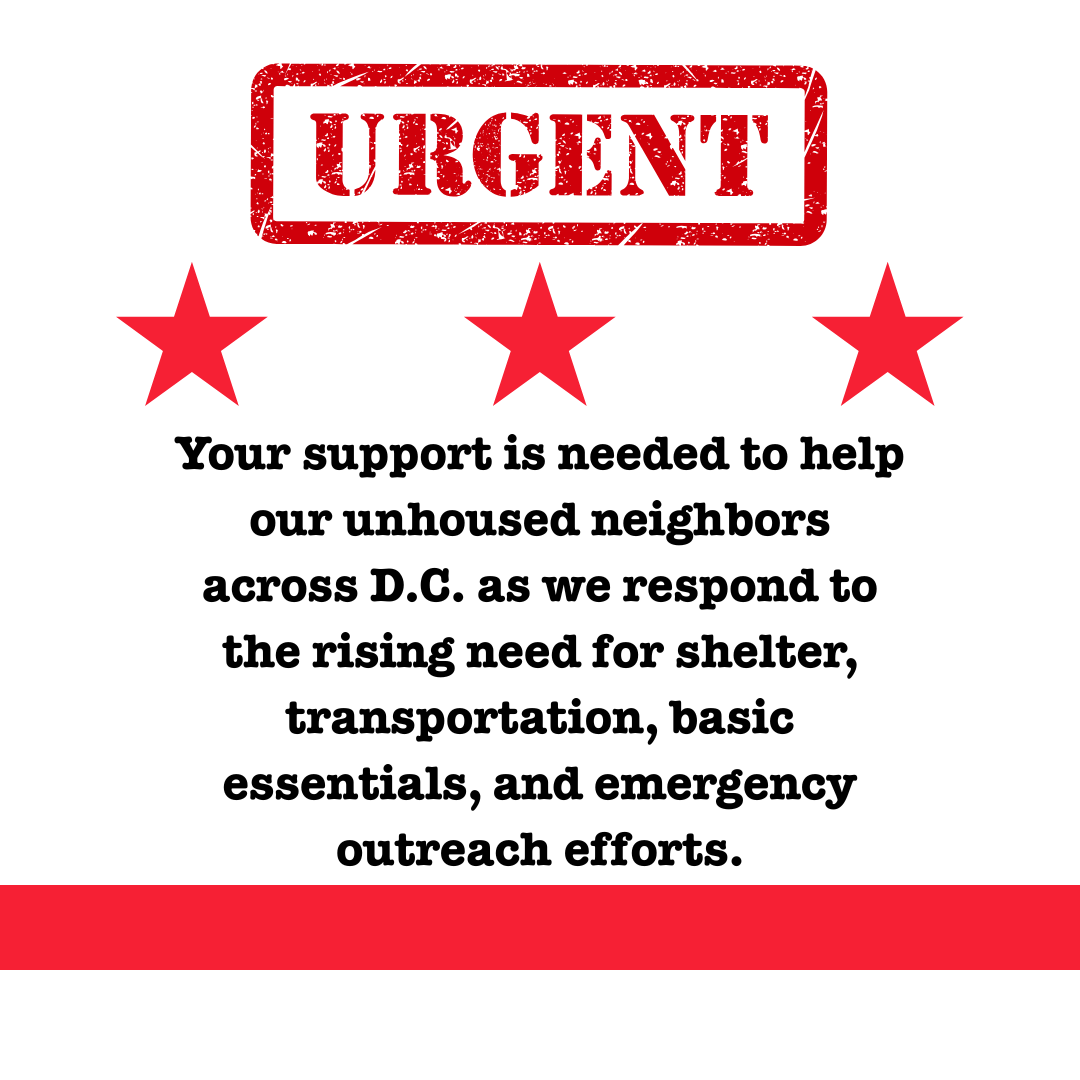
Pathways Never Gave Up On Me
Anthony is a reminder of the power of second chances. As a teenager, he was introduced to drugs and used marijuana, cocaine, and eventually crack to deal with undiagnosed mental illness. After being sent to prison for possession, he saw a psychiatrist and was diagnosed with bipolar disorder. When Anthony was released, his conviction made it nearly impossible to find employment, and he soon became homeless. After several years on the streets, he found housing through #PathwaysDC. Pathways staff helped him stay sober and deal with the trauma of incarceration. Anthony shared, “I think about how fortunate I am, how many chances I had,” he said. “I was so blessed. Pathways came into my life and helped me turn it around when things were looking pretty bad.” Anthony is a living example that people can thrive when you do not give up on them.

 Founded in 2004, Pathways to Housing DC provides home, health, and hope to more than 3,500 adults each year who are experiencing homelessness or at risk for homelessness. Pathways to Housing DC initially opened our doors to end homelessness and help the healing of men and women who were considered “chronically homeless”- those individuals living on the streets for years with serious mental health challenges such as schizophrenia or bipolar disorder that were not being treated. What made Pathways to Housing DC unique in a city with many mental health and housing programs was our Housing First model. Other organizations operated with rules and pre-housing requirements such as curfews, mandated sobriety, compliance with medication, and participation in groups either before entering housing, or as a requirement to keep housing. This approach worked for the majority of individuals experiencing homelessness who were seeking services, but the remaining most psychiatrically disabled and vulnerable subgroup stayed on the street and were not effectively housed within the existing system of care. What has made Pathways to Housing DC so unique in its success over the past decade is our reversal of this traditional treatment sequence. Instead of requiring people to be “clean and sober” or “housing ready,” Pathways DC offers housing, first.
Founded in 2004, Pathways to Housing DC provides home, health, and hope to more than 3,500 adults each year who are experiencing homelessness or at risk for homelessness. Pathways to Housing DC initially opened our doors to end homelessness and help the healing of men and women who were considered “chronically homeless”- those individuals living on the streets for years with serious mental health challenges such as schizophrenia or bipolar disorder that were not being treated. What made Pathways to Housing DC unique in a city with many mental health and housing programs was our Housing First model. Other organizations operated with rules and pre-housing requirements such as curfews, mandated sobriety, compliance with medication, and participation in groups either before entering housing, or as a requirement to keep housing. This approach worked for the majority of individuals experiencing homelessness who were seeking services, but the remaining most psychiatrically disabled and vulnerable subgroup stayed on the street and were not effectively housed within the existing system of care. What has made Pathways to Housing DC so unique in its success over the past decade is our reversal of this traditional treatment sequence. Instead of requiring people to be “clean and sober” or “housing ready,” Pathways DC offers housing, first.